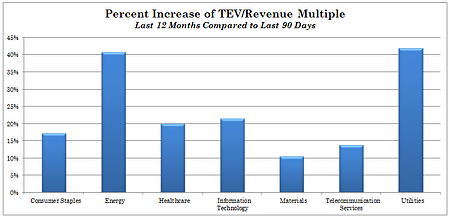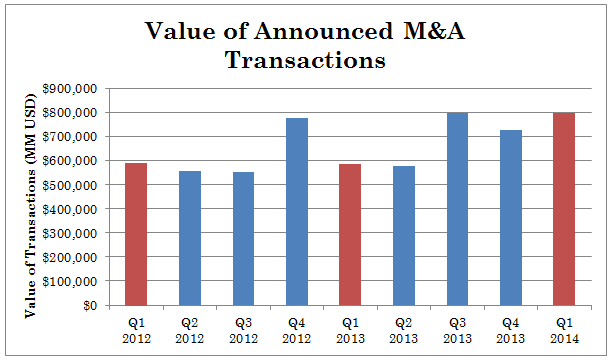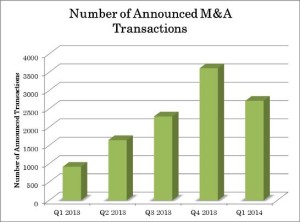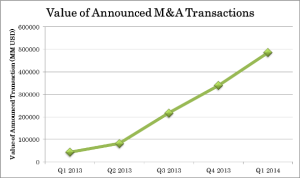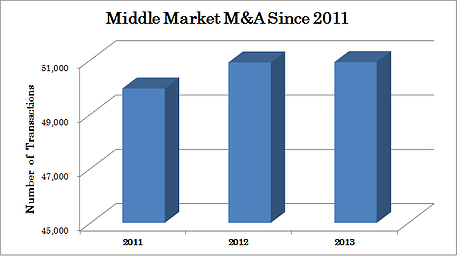Versailles Group is pleased to announce that Photon Technology International Inc., an electro-optical systems and components manufacturer with offices in the U.S., Canada, U.K., and Germany, has been sold to Horiba Ltd., a world leader in analytical and measurement systems that is headquartered in Kyoto, Japan. Versailles Group represented Photon Technology International.
The text of the Press Release is listed below for your convenience.
BOSTON, Feb. 12, 2014 -- Versailles Group, Ltd. (www.versaillesgroup.com) announced today that Photon Technology International Inc. (www.pti-nj.com), with operations in the U.S., Canada, Germany, and U.K., has been acquired by Horiba Ltd. (www.horiba.com) (TSE:6856). Versailles Group acted as exclusive financial advisor to Photon Technology International Inc. Terms were not disclosed. The transaction closed on Feb. 10.
Versailles Group, a 27-year-old Boston-based investment bank that specializes in international mergers, acquisitions, and divestitures, advised Photon Technology International Inc.'s shareholders on the transaction. Versailles Group works with companies in the U.S., Europe, Canada, Asia, and South America.
Founded in 1983, Photon Technology International Inc. ("PTI") is a leader in electro-optical systems and components technology. The company's light based systems are used in laboratories for research, healthcare, industrial processes, quality control, biomedical, environmental science, and many other applications. PTI pioneered a line of proprietary and / or patented optical building blocks which form the basis of all light-based instrumentation. The company sells these building blocks as standalone units and uses these building blocks to develop its open architecture fluorescence systems. PTI is the world leader in microscopy based fluorometers, especially for ion imaging, in part due to a long-standing research and development collaboration with a prestigious laboratory in the Faculty of Medicine and Dentistry of the University of Western Ontario in Ontario, Canada.
"The acquisition of PTI fulfilled the primary shareholders' desire for a liquidity event. It also provides a path for the majority owner to retire in the next few years" said Donald Grava, Versailles Group's founder and president. By utilizing Versailles Group's worldwide approach to finding the right buyer, PTI was sold to Japan-based Horiba. This will enable PTI the ability to sell its products via Horiba's worldwide sales organization. Furthermore, it provides Horiba access to PTI's fluorescence spectroscopy products, and PTI's low cost production capabilities in Canada.
Headquartered in Kyoto, Japan, Horiba Ltd. is the world leader in analytical and measurement systems in the fields of engine emissions, scientific analysis, industrial and process control, environment monitoring, semi-conductor process control, healthcare, and biotechnology. Founded in 1945, Horiba is a global company that has offices in Asia, Europe, North America, and South America. The company is publically traded on the Tokyo Stock Exchange and has annual revenues of approximately ¥118 billion.



